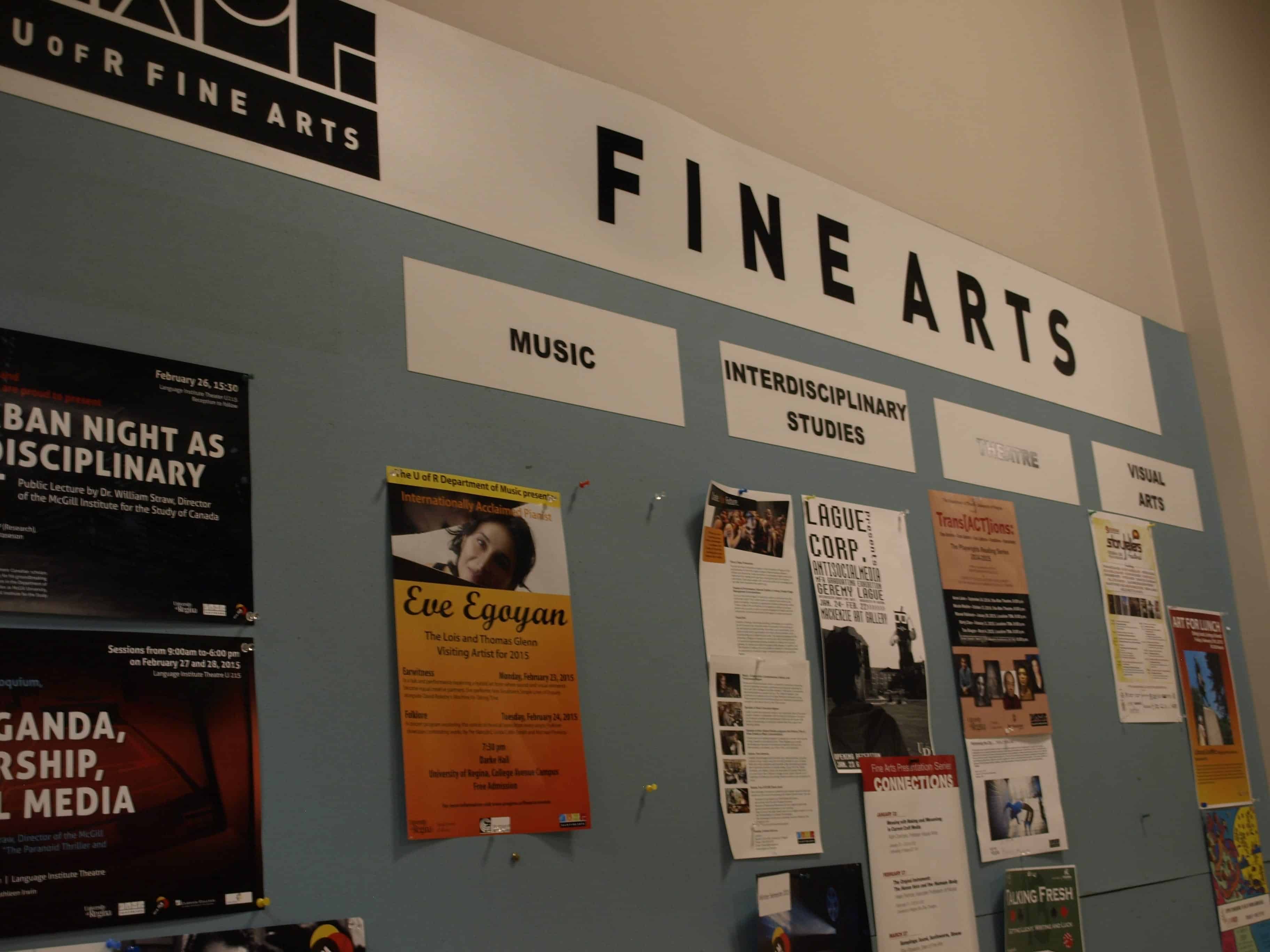
Killings by police on the rise
Monday, March 15 was the 26th International Day Against Police Brutality, and many cities held rallies and protests against police brutality, and to advocate for the defunding of police systems and the reallocation of police funds to services better equipped to serve communities in a safe, productive, and non-violent manner.
The International Day Against Police Brutality was started in Montreal in 1997 by an autonomous group called the Collective Against Police Brutality. The group was formed in 1995 from a defence committee for people arrested after a demonstration against a pro-life group. The group decided to organize permanently against police brutality to denounce harassment, violence, intimidation, and abuses of power by the police. The protest in Montreal was broken up by police an hour and a half after it began when a few shop windows were smashed, and the police service deemed the protest illegal.
In Winnipeg, a group called Winnipeg Police Cause Harm organized a rally in honour of the day to spread awareness of their cause and goal of defunding the Winnipeg Police Service. Winnipeg Police Cause Harm was founded in 2019 in response to the killings of several Indigenous and Black people, including a child, by the WPS. The rally in Winnipeg went well, according to organizers.
“I think one of the things that makes these rallies go smoothly is that we have community members who show up, and we have people who block traffic and make sure that everyone who is marching in a safe way, and we have folks who are legal observers who ensure that should anything go wrong. We have those mechanisms in place for safety to make sure that everyone who’s participating can participate safely and should any repercussions happen we have those mechanisms in place beforehand,” said Chantale Garand, who is a member of Red River Echoes, a collective of Métis people that contributed in running the rally this year.
In Canada, the public spends $42.9 million per day running police services. Several regions, including Toronto and York, allocate more than 30 per cent of their annual budget to police. These numbers are astronomical and continue to rise every year. For example, the City of Regina saw a $3.5 million increase to their police budget last year, yet because the police more commonly are just responding to a crime that’s already happened, Regina’s crime numbers have remained relatively unchanged despite the budget increases.
Defunding the police involves funding alternatives to police services. For example, funding mental health services better equipped to deal with people in crisis more safely than the police. It would also involve finding alternatives for traffic services where armed officers are often unnecessary, and creates an opportunity for situations to escalate. Defunding the police could also involve decriminalizing minor offences to decrease the need for police interactions on the street, or the disarmament and demilitarization of the police, which means not having everyday officers carry weapons and investing the money in the community instead of on military-grade weapons and surveillance equipment.
Police violence is an ever-present problem across the world. When asked if they thought it was getting the media coverage it deserved, Garand said “What typically happens is whenever any type of police brutality happens, mainstream media in particular typically takes police press releases as facts. We’ve seen this multiple times in Winnipeg specifically, they will take nearly verbatim the Winnipeg Police Service press release as their story, and so what ends up happening is a story will go out on, for example, CBC and it will literally be verbatim what the Winnipeg police service say in their press release of what happened in any type of police encounter. And we know that this is not true because we continuously have people who were there when it happens, who pushed back on that narrative, including journalists like Ryan Thorpe from the Winnipeg Free Press who was at an event where police brutality occurred and was a victim of it himself and had police try and confiscate his phone as he was recording what was happening and to literally fight for it back. When you look at things like this, how can police brutality ever be confronted when there is carte blanche on just confiscating anything that might contradict the police in their press report?”
In Canada, 40 people were killed in the first half of 2020 when police used deadly force, and research shows most people who fall victim to these incidents have mental health or addiction issues, and Black and Indigenous individuals were disproportionately represented. In addition, the number of cases in Canada in which police are using deadly force has increased in the last 20 years, even when population growth is taken into consideration.
The International Day Against Police Brutality is a yearly reminder of the horrors that people of colour and minority groups face from police daily. It is an annual reminder that we cannot allow the atrocities that occur to become just a part of the news cycle and that it will require fundamental societal change and not just reform to see the violence become a thing of the past.









